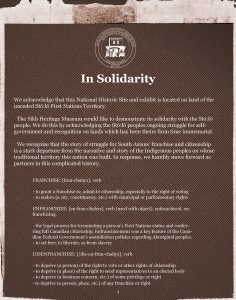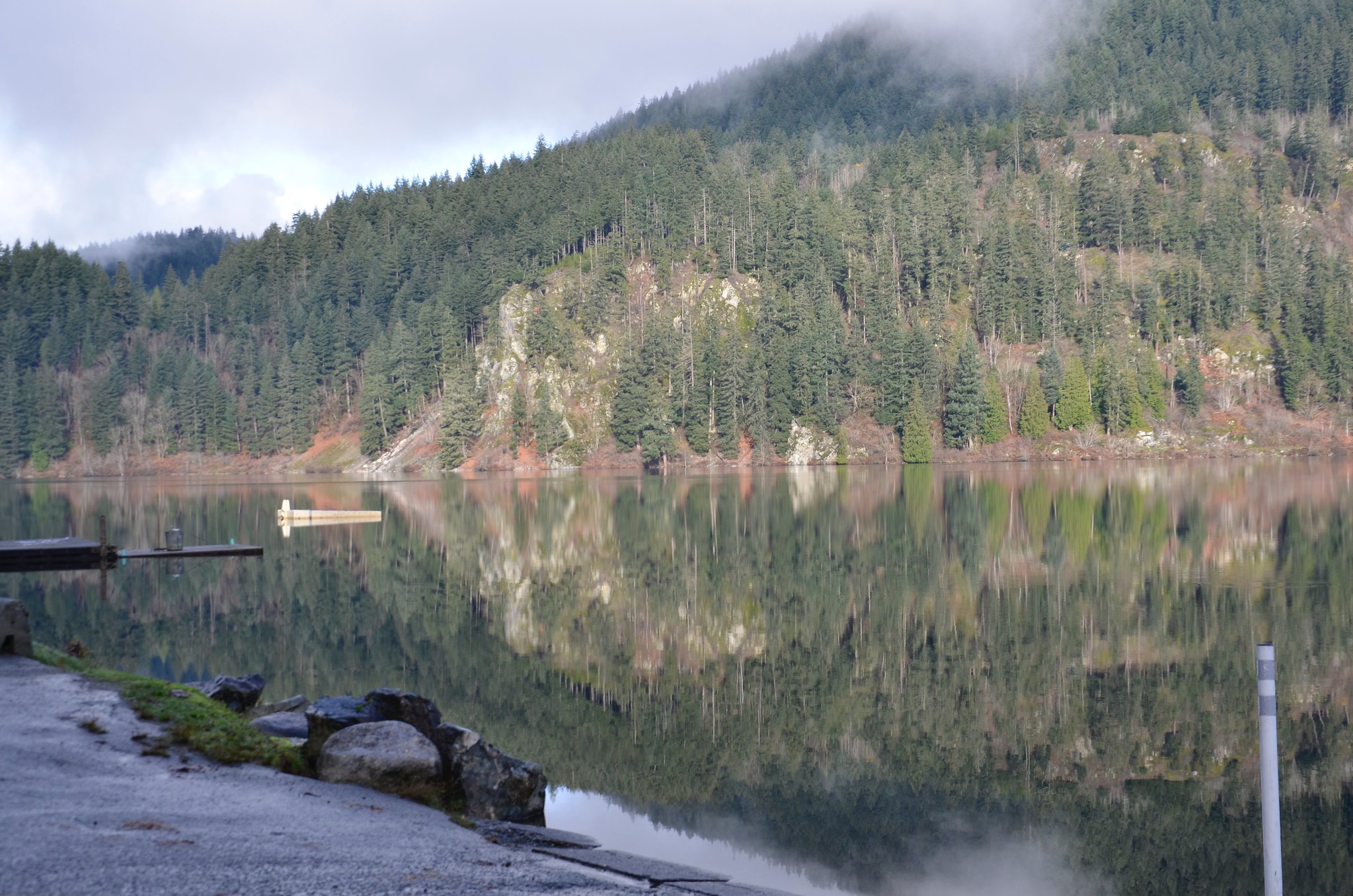At SASI, we want to take the time to honor and acknowledge Indigenous Peoples Day which takes place annually on June 21. On this day, and everyday, we recognize and celebrate First Nations, Métis, and Inuit language, history, contributions, culture, diversity, and more.
In Abbotsford, the South Asian Studies Institute at the University of Fraser Valley is thankful to be located on the traditional, ancestral, and unceded territory of the Stó:lō Peoples who have lived on this land since time immemorial. Selxwí:chel in Halq’eméylem translates to the middle of three, referring to the City of Abbotsford. Selxwí:chel is located in the middle of three communities: Matsqui, Semá:th and Nooksack. We are grateful to learn, play, and live on Stó:lō territory (The River People and the Land: Living within S’ólh Téméxw).

June 21 was formerly designated as “National Aboriginal Day” in 1996. However, the Assembly of First Nations (AFN) called for a renaming of June 21 to Indigenous Peoples Day. Therefore, on June 21, 2017, an official renaming was declared as Trudeau announced the name change from National Aboriginal Day to National Indigenous Peoples Day.
This was met with much support. The AFN’s National Chief Perry Bellegarde expressed his support for the name change as it is in line with the “international recognition of Indigenous Peoples and consistent with AFN resolution (23/2013) calling for the name change.”
This made June 21, 2018 the first National Indigenous Peoples Day following the name change. National Indigenous Peoples Day is also a statutory holiday in the Northwest Territories and Yukon.
June is also National Indigenous History Month, a time to reflect on and learn the history and experiences of Indigenous Peoples.
If you have not done so already, the United Nations Declaration on the Rights of Indigenous Peoples (UNDRIP) and the Truth and Reconciliation Commision of Canada’s 94 Calls to Action are two mandatory readings Canadian’s should familiarize themselves with. These important calls to action point out how we as individuals and local, provincial, and federal institutions can implement change on a day-to-day basis.
References:
https://www.thecanadianencyclopedia.ca/en/article/national-aboriginal-day
The River People and the Land: Living within S’ólh Téméxw at Heritage Abbotsford Society
https://www.rcaanc-cirnac.gc.ca/eng/1683124800202/1683124846095
https://ehprnh2mwo3.exactdn.com/wp-content/uploads/2021/01/Calls_to_Action_English2.pdf
Cover Image Credit:
UFV Sto:lo Place Names Tour, 2016.
(We are very thankful to our volunteer team member, Amber Purewal for writing this blog.)

